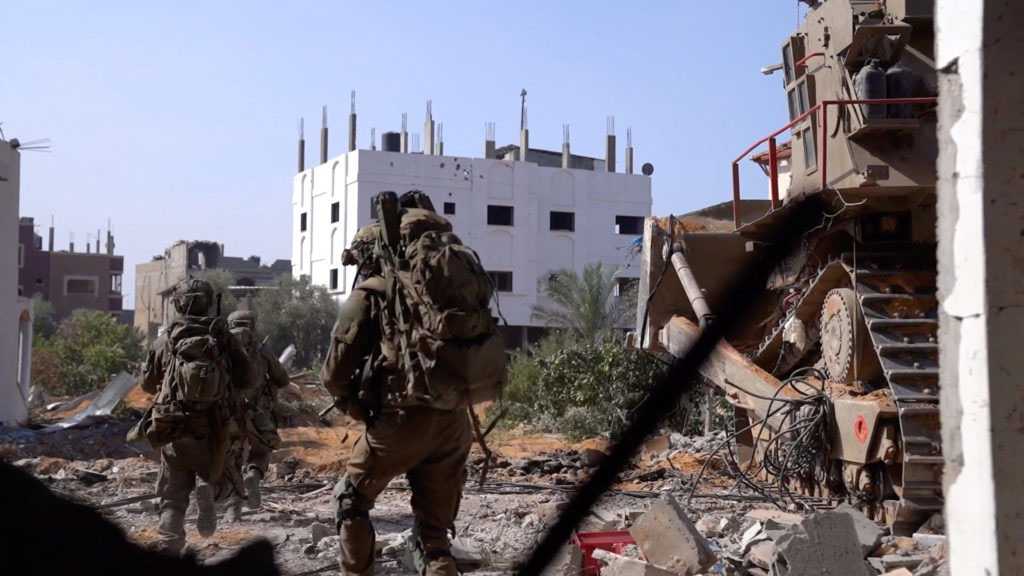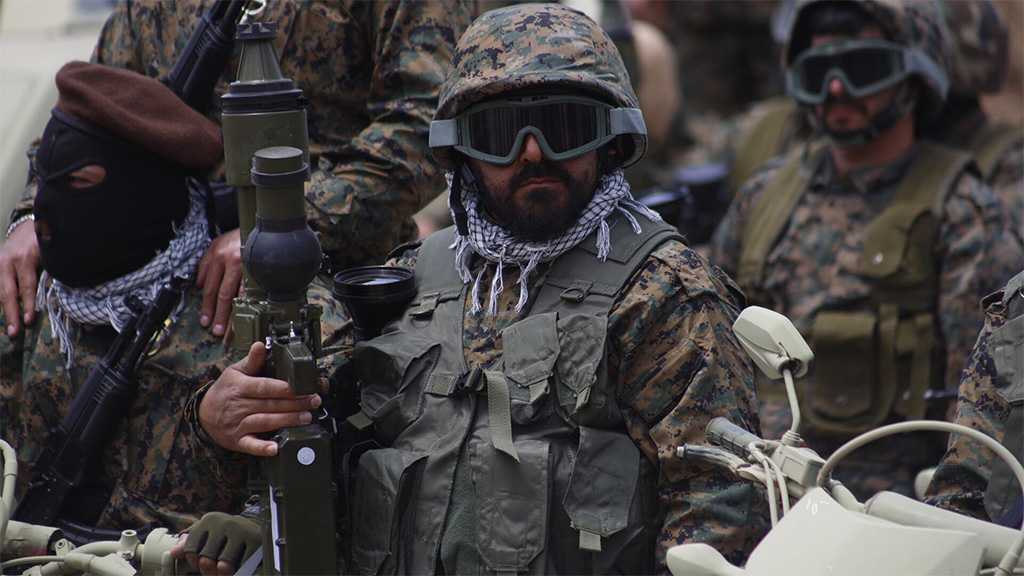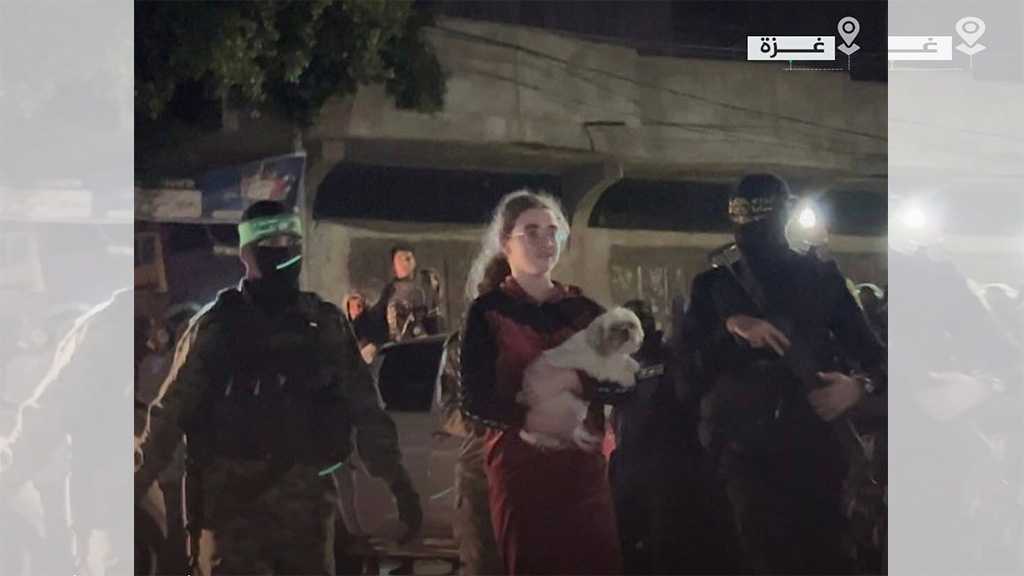
Americans to Lebanese: Give Up Half Your Right Before Negotiating!
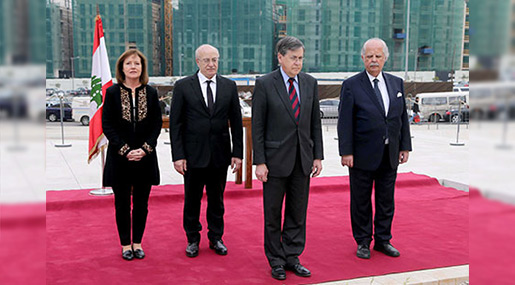
Firas Al-Shoufi
Once again, Washington wants to convince the Lebanese that it is an "honest mediator" between them and their enemy, which also happens to be the US's closest ally. It offers them [the Lebanese] negotiations through the US. The ceiling of those negotiations requires the Lebanese to give up half of their maritime rights to waters that the enemy wants to put its hands on.
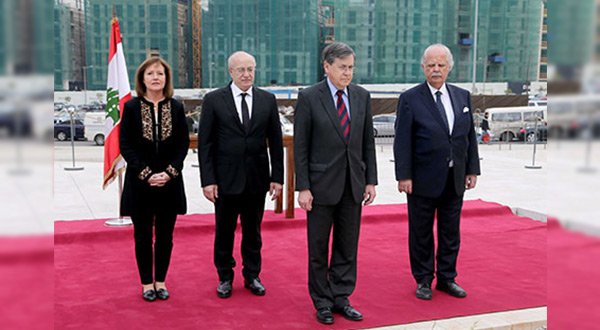
US Assistant Secretary of State for Near Eastern Affairs David Satterfield's visit to Beirut and the planned visit by Secretary of State Rex Tillerson to the Lebanese capital this month were only part of an integrated scene that began with the visit of Prime Minister Saad Hariri to the White House and his meeting with President Donald Trump last July.
According to ministerial sources monitoring the issue, Hariri made to understand from the Americans that the dossier of the maritime and land border dispute between Lebanon and "Israel" falls under the aegis of the US president's adviser, son-in-law and businessman Jared Kushner. It is no coincidence that Trump and the US administration have handed over a dossier of this importance to the president's son-in-law - the Godfather of the "Deal of the Century" or the deal to terminate the Palestinian cause and replace Al-Quds [Jerusalem] with Abu Dis, while closing the refugee dossier. All this is in preparation for the signing of the Arab-Israeli peace agreement starting from Saudi Arabia and stretching beyond the Gulf.
According to the information, the Americans have since raised with Hariri the issue of the so-called "disputed points" between Lebanon and the occupying entity, on land and sea, and the willingness of the United States to act as a mediator to resolve outstanding issues and "help Lebanon extract oil".
Hariri returned to Beirut and conveyed what he heard to those concerned, adding that "the relationship with Kushner is positive, and there are serious promises to help Lebanon". The relationship between the two men has already developed due to efforts of Lebanese mediators in Washington. Without a doubt, Hariri's detention in Saudi Arabia has brought him closer to the Americans, and he enjoys the cover that the US administration provides, as he is "an important partner for stability in Lebanon."
However, talk of "American mediation" did not resonate well in Beirut. Based on decades of experience, the concerned Lebanese parties do not see a "fair" mediator in the Americans.
"The American mediations were only in the interest of "Israel" and at the expense of America's Arab allies." It is interesting to note, however, that the Americans do not pay much attention to the "disputed points" on land as much as they are concerned with the problem of determining the boundaries of Lebanon's exclusive economic zone and maritime borders that delineate oil and gas fields.
Satterfield explained this logic during his meetings with Lebanese officials in the past two days, emphasizing "the need not to worry about land points and pay attention to the maritime dispute." He stressed that his country had officially informed "Israel" that the "border wall" should not be built in the disputed points with Lebanon.
In addition to Satterfield's thinly veiled threats to the Lebanese of the possibility of "Israel's" sudden bombardment of Lebanese sites, the American visitor focused on marketing the role of the United States in mediating between Lebanon and "Israel" to resolve the maritime dispute. According to the information, the "Israeli" entity even retreated from the so-called "Hoff Line", the line that Ambassador Frederick Hoff worked to demarcate the Lebanese-Palestinian border. The "Hoff Line" gives Lebanon back about 550 square kilometers from the 860 square kilometers, separated by the points of dispute between Lebanon and the "Israeli" entity. These points are the so-called Lebanese Point 23 and the "Israeli" Point 1. The Israeli withdrawal from the Hoff Line means that the ceiling of the negotiations will see the Americans offer Lebanon the ability to define the line itself, especially since Satterfield spoke to Lebanese officials about the Hoff line as a "fair solution". The acceptance by the Lebanese side of the "American offer" ahead of any negotiations, will lead to the loss of about half of the maritime area claimed by the enemy. The negotiation will be on the remaining Lebanese right under the pretext of "expediting the removal of the obstacles that prevent us from benefiting from oil and gas wealth."
Although Satterfield tried to reassure the Lebanese that the role of the United States would not be at the expense of Lebanon, the impressions he left confirms that he wants to pressure Lebanon to give up this maritime area that the Lebanese are holding on to.
While the Lebanese officials stated a clear position on holding on to every inch of Lebanon's area - land and sea - there are still differences of opinion regarding American mediation. There were those who emphasize the need to stick to the work of the UN-sponsored tripartite committee between the Lebanese and the enemy's armies and to confine discussions within the committee. But there are those who advocate accepting and dealing with American mediation since the US role will be a guarantor of Lebanese rights based on Kushner's promises to Hariri. For its part, ministerial sources said that "Kushner is now sidelined from a lot of dossiers within the US administration, but what is the problem in American mediation? If they presented us with an unconvincing offer, we can simply reject it."
On the evening of February 8, Satterfield visited the President of the Republic Michele Aoun at Baabda Palace after touring the southern border with the General Director of the Lebanese General Security Major General Abbas Ibrahim and the Commander of the International Emergency Forces in the South of Lebanon [UNIFIL Commander-in-Chief] Michael Perry. They held a meeting at UNIFIL's headquarters in Naqoura. Satterfield and US Ambassador Elisabeth Richard visited the Armed Forces Commander General Joseph Aoun, who stressed "the Lebanese position that rejects the attempt of this enemy to establish a separation wall that passes through reserved Lebanese territory." Satterfield and Richard also visited the tomb of Prime Minister Rafic Hariri in central Beirut.
Source: Al-Akhbar, Translated by website team
